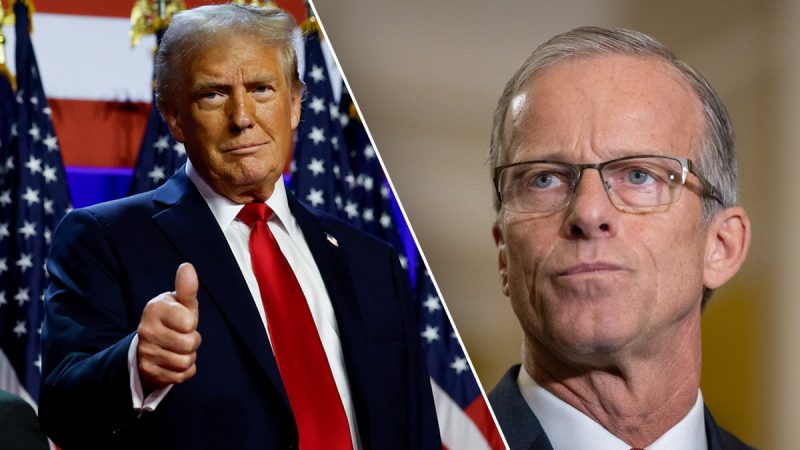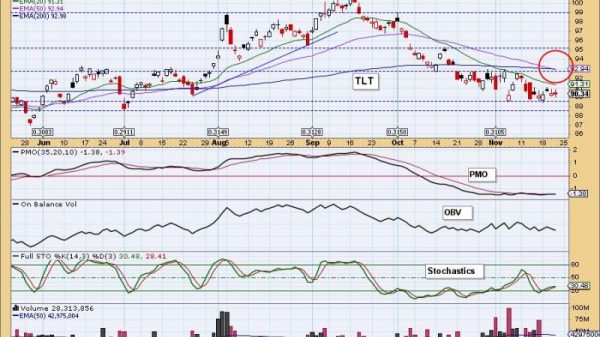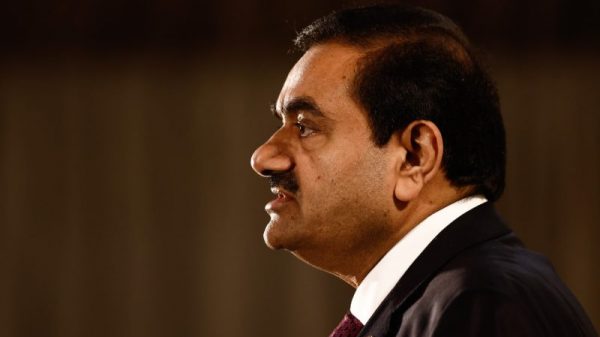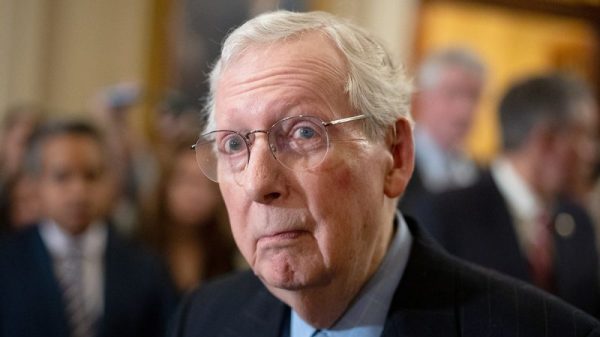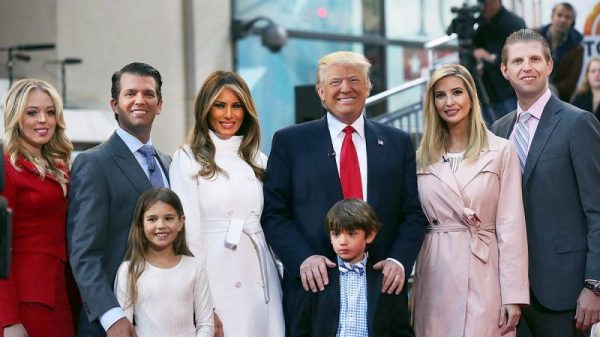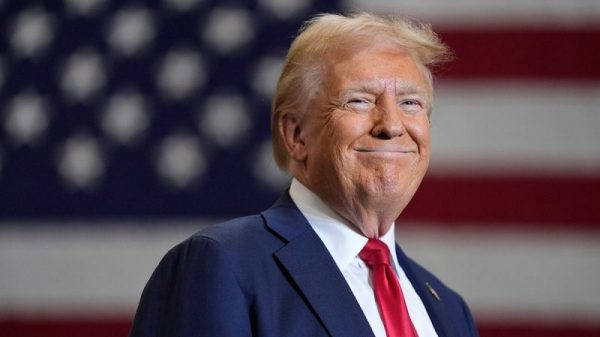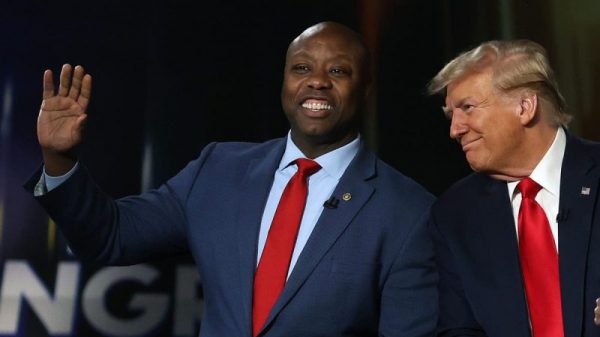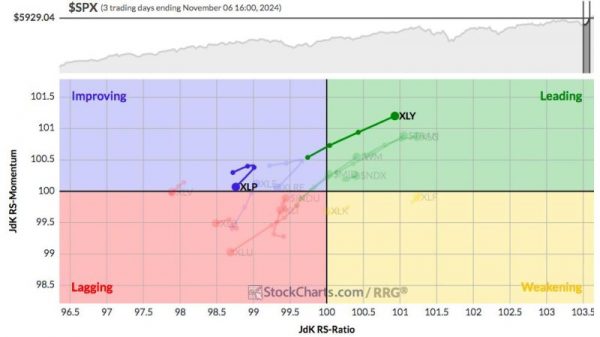Title: Analyzing Trump’s Endorsement of Thune as Senate Majority Leader
In a recent announcement drawing significant political attention, former President Donald Trump expressed his confidence in Senator John Thune’s ability to serve as Senate Majority Leader. The debrief came as a surprise to many, considering Thune’s relatively moderate stance compared to the more conservative voices within the Republican Party. This endorsement has sparked discussions and speculation about potential shifts in the GOP leadership landscape. Let’s delve deeper into the implications and possible outcomes of this endorsement.
**Background on Thune and Trump’s Relationship**
Senator John Thune, hailing from South Dakota, has been a prominent figure within the Republican Party for years. Known for his measured and pragmatic approach to politics, Thune has previously clashed with Trump on issues such as trade and foreign policy. Despite these differences, Trump’s recent endorsement signals a potential alignment between the two leaders.
Trump’s backing of Thune as a strong contender for the Senate Majority Leader position can be viewed as a strategic move to consolidate support within the party. Thune’s experience and moderate reputation may provide a balancing factor to Trump’s more provocative style, appealing to a broader spectrum of Republican voters.
**Significance of Trump’s Endorsement**
The endorsement of Thune by Trump carries symbolic weight within the GOP. As a polarizing figure whose influence remains potent within the party, Trump’s approval can sway opinions and bolster Thune’s credibility among conservative circles. Additionally, this move underscores a potential shift in the GOP power dynamics, with a move towards a more moderate and inclusive leadership approach.
Thune’s elevation to the position of Senate Majority Leader under Trump’s endorsement also raises questions about potential policy changes and strategic maneuvering within the party. Will Thune’s leadership style align with Trump’s vision, or will we witness a nuanced balance of power between the two leaders? These uncertainties add an intriguing dimension to the Republican Party’s future trajectory.
**Implications for the Republican Party**
The endorsement of Thune as Senate Majority Leader could signify a broader recalibration within the Republican Party. By embracing Thune, a figure known for collaboration across party lines, the GOP may be signaling a shift towards a more centrist approach to governance. This move could be aimed at broadening the party’s appeal beyond its traditional base and positioning it for success in future elections.
Additionally, Trump’s endorsement of Thune could also be seen as a strategic maneuver to counterbalance the influence of more hardline conservative voices within the party. Thune’s leadership could offer a middle ground that seeks to unite different factions of the GOP, fostering cohesion and presenting a unified front to voters.
**Conclusion**
In conclusion, Trump’s endorsement of John Thune as a potential Senate Majority Leader has ignited discussions about the future direction of the Republican Party. The alliance between the two leaders, despite past differences, reflects a calculated move to consolidate support and navigate the complex landscape of American politics. As Thune’s political career unfolds and his role within

